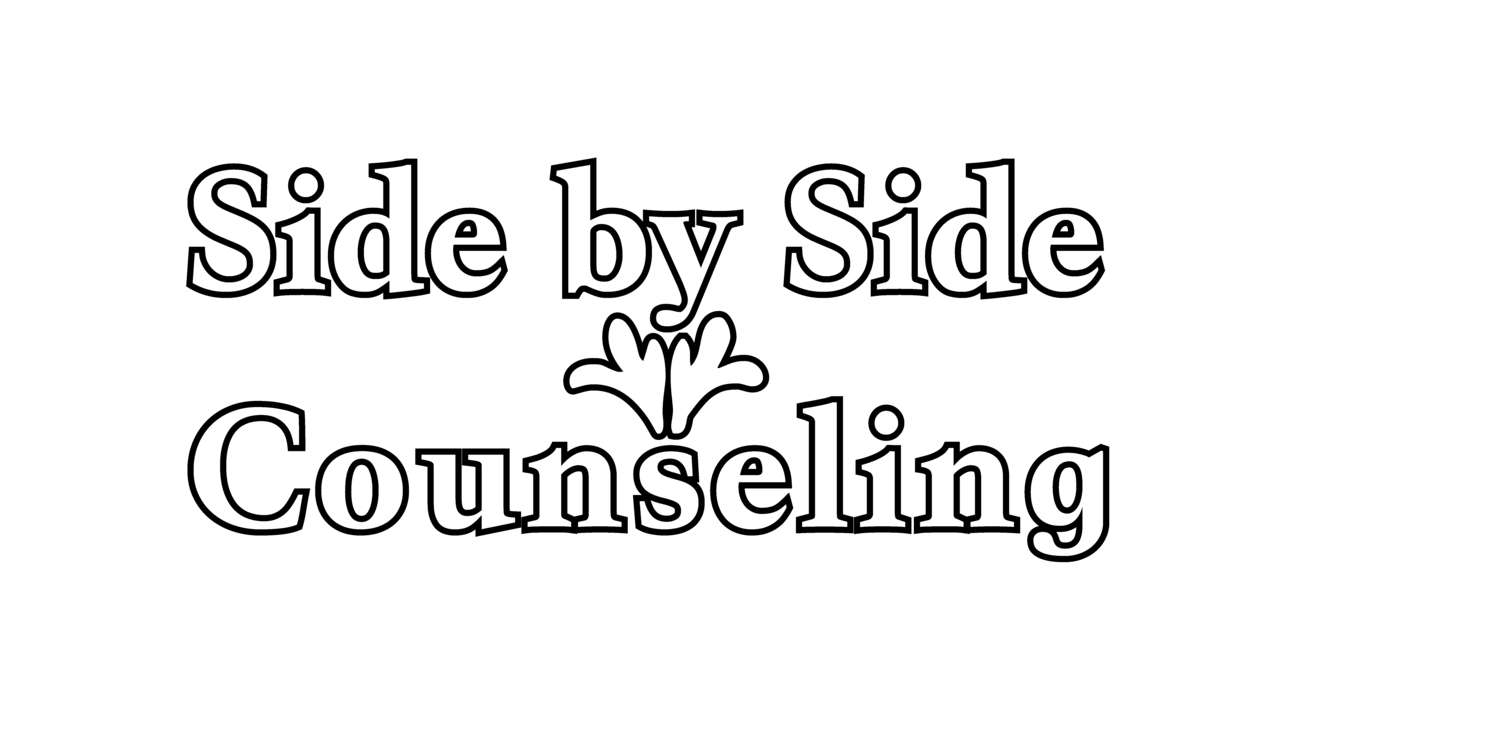The Story of My Life
April 27, 2020
Everyone has stories. Even those of us who live steady, boring lives have underlying stories (though I suspect there aren’t many who fit that category). Given the level of concentration required to get through each individual day, we sometimes forget to look at the bigger picture. Telling and re-telling our stories creatively, through writing, art, or conversations, can have therapeutic value. Narrative therapy, developed by Australian social worker Michael White, is based on this premise.
Most of us divide our lives into segments, based on structure and events. For example elementary school, high school, and college. Or where and when we lived in different places. Or significant relationships. Or before and after major events. We can think of these as “chapters” in our lives. Most of us would probably agree that “COVID-19” is a new chapter for everyone.
If you have time and want to do some reflection on your identity, values, and purpose, you can start by writing down the major chapters in your life. You can have as few or as many as you need. It’s fine if they overlap. Life isn’t neat and tidy, as much as we wish it were. You can then choose one of the chapters and write about it (or draw, or talk), without censorship. It’s just for you — you’re not being judged. After you write, reflect on the themes, and especially notice any metaphors or new memories that emerge. Reflect on what you learned from this period of time. You can repeat this for any other chapters if this felt like a worthwhile exercise.
Then move to the chapter of COVID-19. Tell the story of how it began for you, and how you understand what is happening.
Externalizing is a primary technique in narrative therapy. The idea is that metaphor can be used to help make you feel more distant from a problem. Sometimes a problem becomes so integrated into our identities that we feel we are the problem. Externalizing helps us understand that the problem is just a problem, not who we are.
For example, if you feel depressed, you might feel hopeless — that you’ll never feel better — and believe that depression is inevitable, and is just who you are. But you can instead choose to see depression as a “bully” who is provocative and obnoxious, or as a “cloud” which hovers until the sun inevitably comes back out, or as a childhood friend who will always be cherished but can be “difficult” and need a lot of attention.
Metaphors can also help you value the good in your life. There was a period in my life in which I spent a lot of time in Utah. Initially, my time there was due to a big problem, but gradually it became part of a big solution. Now whenever I hear or think about “Utah,” I’m filled with a feeling of peace. “Utah” has become more than a place for me: it has greater meaning.
COVID-19 has had a way of helping people reevaluate their priorities. Whether it’s family, friendship, relationships, physical health, mental health, spirituality, religion, compassion, social justice, nature, humor, resilience, boundaries, or future goals, it’s helpful to identify what’s most important to you. This chapter is significant for everyone. And if you know what and who you value, the future will be easier to navigate.
Learn more about narrative therapy.
If you have concerns about anxiety or depression, reach out to a mental health provider.
If you have health insurance, call the number on your card for a referral, or if you have access to an Employee Assistance Program, contact the program for a referral. You can also refer to the National Alliance on Mental Illness (NAMI).
This blog post originally appeared on the Carthage College website. It has been republished with permission.
